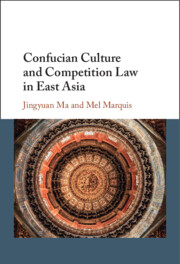Since China's first comprehensive competition statute, the Anti-Monopoly Law (AML), took effect on 1 August 2008, Chinese competition enforcement authorities have enacted secondary legislation on merger review. Very recently, rules against monopoly agreements and abuse of dominance have also been adopted. This framework ensures that China's antitrust regime now operates with a degree of transparency and predictability. The AML addresses three broad categories of monopolistic conduct by business operators: monopoly agreements, abuse of dominance, and anti-competitive concentrations. This paper aims to analyse the latest enforcement developments in these three broad areas upon the three-year anniversary of the AML. Like most Chinese laws, the AML emphasises administrative enforcement over judicial enforcement. On the one hand, the author includes some meaningful studies on selected landmark decisions on merger control published so far by the Ministry of Commerce of China, and, on the other hand, focuses on the judicial enforcement by People's Courts through private actions for antitrust-type claims for damages.


